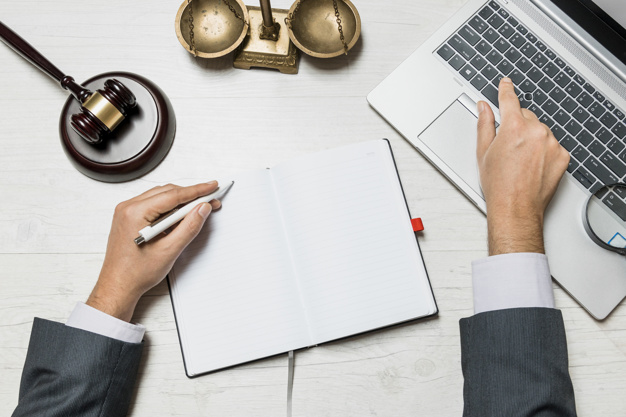The rise in the use of social media platforms in recent years has been a revelation for businesses. It’s allowed both small and large businesses to connect with global audiences in creative ways, growing their customer base for future growth.
Whilst this can be great for businesses, there can also be great risk with how it's used and what is posted on your businesses social media. Use it the wrong way and it can seriously harm your credibility but also have several legal implications which can come with serious consequences.
The risks involved with social media are relatively similar to most online platforms. Considering the content can escalate online quickly, it’s important that businesses put in place compliance guidelines to prevent such occurrences. In this article, we’ll explore the legal issues involved with social media in more detail.
Infringement in copyright
Whilst there is much material online that can be used freely, there can sometimes be specific guidelines about how and where it can be used. There are different types of creative common license that businesses should be aware of so they’re using the material correctly.
Within the commercial remit, there can be restrictions to how images, videos and other forms of content can be used. Particularly with usage on social media. Another example is music being used for advertising purposes.
To ensure you’re not guilty of copyright infringement, check the terms and conditions of the licensing agreement for the material. Understand where and how it can be used without breaking any laws.
Breaking confidentiality and privacy
Privacy and confidentiality relates to an individual’s personal information such as name, address, contact number and email address.
Businesses will look to collect personal information from customers for marketing or operation purposes. In order to comply with privacy laws, businesses need to declare openly how they’re collecting this information. Considering the sensitivity of this information, businesses should provide the right training to those who are involved in the process of collecting this information.
This can also relate to internal business processes. B2B contracts may involve non-disclosure agreements to do with transactions or other proceedings that occur in the workplace. These are used to prevent such occurrences going public, including disclosure on social media platforms. Be sure that all the parties involved are aware of the non-disclosure agreement in place.
Keeping with the standards of advertising
Businesses predominantly use social media to promote or advertise their business. Considering how many users there are specific platforms, posts need to be regulated and checked to ensure they meet certain guidelines and aren’t controversial in nature. This means checking aspects such as offensive language, nudity, violence or portrayal of sex.
There are users of all ages on the majority of platforms, therefore, content also needs to be age appropriate. This is so younger audiences are protected from harmful content. In some cases, age disclaimers on content can prevent legal issues arising, but this should be double-checked before posting.
What steps can businesses take to prevent legal risks through social media?
According to Strom & Associates, there can be certain guidelines and restrictions in industries that determine what legal risks there are for your business. However, there are generic guidelines that would apply to the majority of businesses that can help with preventing legal risks:
- Outline company policies on what can be posted on social media
- Moderate all posts before they’re published on the business’ social media account
- Provide adequate training to employees that deal with social media within their role
- Apply security measures for accessing social media (i.e. password access, number of parties allowed to access business accounts etc.)
- Review all third party content that is looking to be used in campaigns before they’re published
- Use a dispute resolution solicitor Manchester based to look over content to ensure it within correct guidelines and laws


 Table of Content
Table of Content










